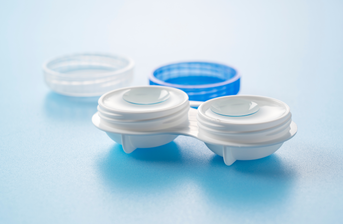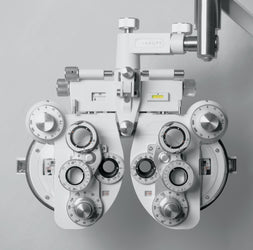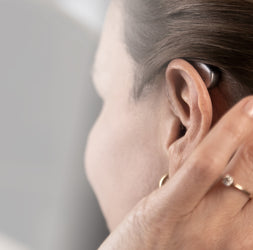-
Prevent
People who follow a healthy lifestyle are less likely to develop eye conditions. It all starts from your diet, which should include all the nutrients that can help maintain good eye health. These include vitamins (A, C, E), omega 3 and 6, lutein, zeaxanthin, and zinc. A balanced diet prevents diseases such as diabetes, which can have an impact on eye health.
A healthy lifestyle can simply mean controlling your consumption of alcohol and keeping it moderate and, if you smoke, cutting down on cigarettes or consider quitting.
Doing some exercise, drinking water, and maintaining healthy weight are all part of a healthy lifestyle that can help prevent eye conditions.
-
Protect
Protecting your eyes is as important as prevention. Occasions where you should take special care of your eyes include:
Protecting your eyes from the sun: UV rays are harmful, and it’s no news. Using high quality sunglasses when your eyes are exposed to these rays, is therefore crucial.
Using cosmetics: take extra care when you apply make up. If you leave your make up tools unclean, bacteria can come in contact with your eyes. Unclean cosmetics can also cause allergic reactions and dryness.
Watch your screen time: taking regular breaks from digital technology is crucial to avoid screen overexposure-related problems, which include as dry eye, headaches, and eye strain.
-
Preserve
We cannot stress it enough: eye tests are the only way to preserve your vision. Planning and having regular eye examinations enables our opticians to monitor your eye health in time, spot any changes, and identify potential risk factors for eye conditions.
If you are lucky to have good eye health and a 20/20 vision, you should have your eyes checked at least every two years. However, if you have already been diagnosed with vision problems, and/or have a family history of eye conditions, you should get your eyes examined once a year.
-
Prioritise
#LoveYourEyes should be a habit. Ensuring your eyes are healthy and making your eye test part of your routine medical examination should be a priority. You can also help others taking care of their eyes, including family and friends, by reminding them of the 4 ‘P’s and their annual check up.
Please also prioritise your eye health whenever there is an eye emergency. ‘Red flags’ for an emergency eye exam include, but are not limited to: seeing flashes of light, sudden blurring or loss of vision, eye pain, and seeing coloured rings around light. If any of these occur to you, please book an emergency appointment straight away.
When was your last eye test?
If you haven't had an eye test in a while, it's time to book one! Get in touch with us today, our friendly staff will be happy to assist you.Contact us
For more information on World Sight Day, feel free to visit the International Agency for the Prevention of Blindness Official Website.








